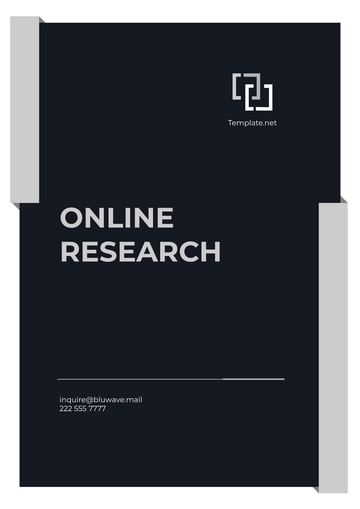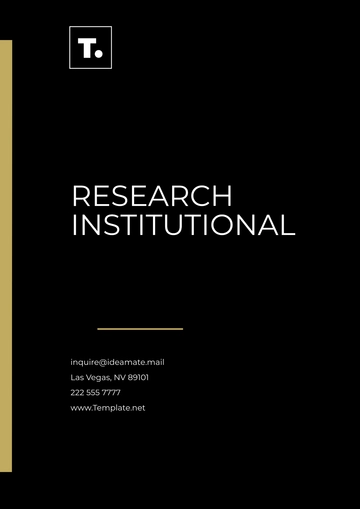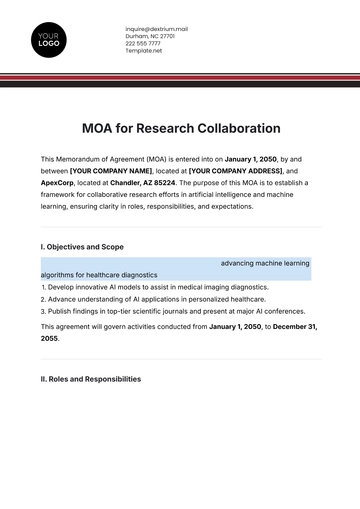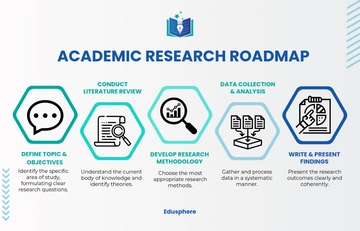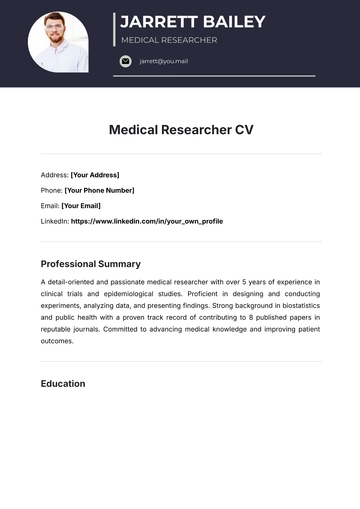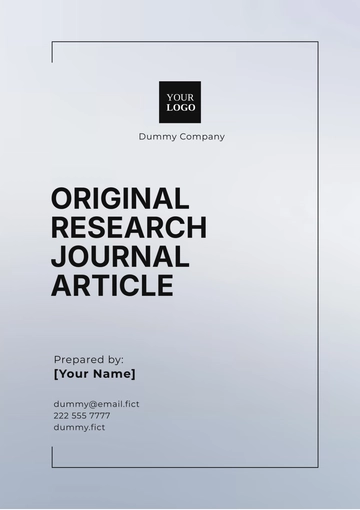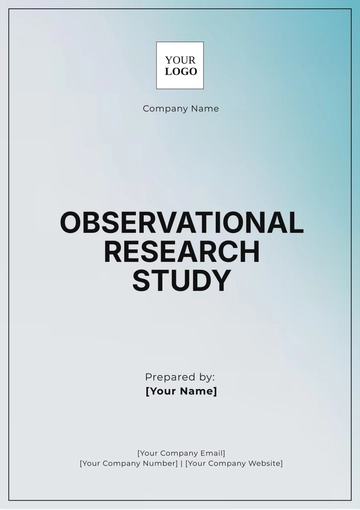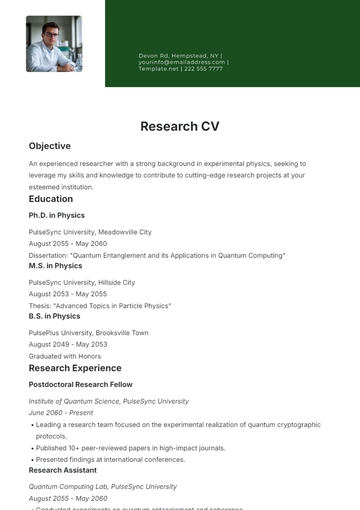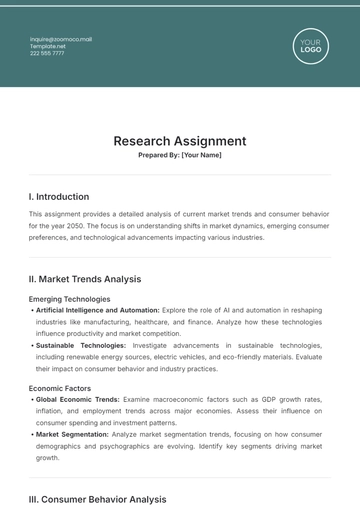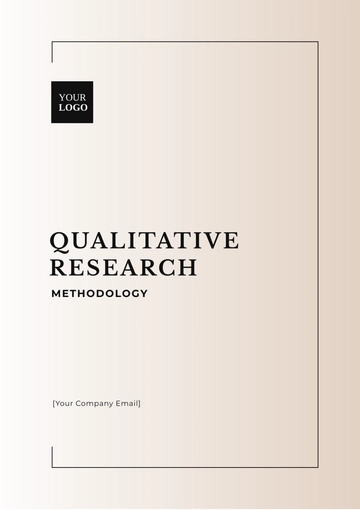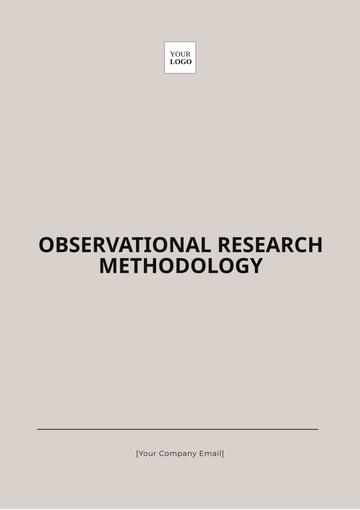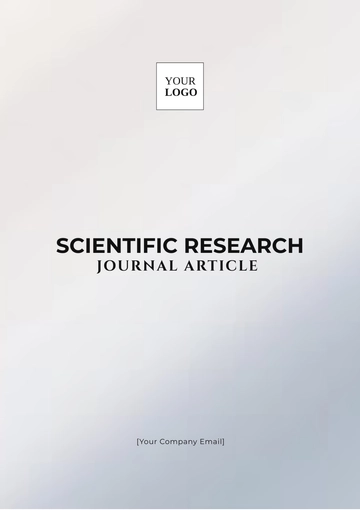Historical Academic Research
Researcher: [YOUR NAME]
Company: [YOUR COMPANY NAME]
Date: July 25, 2050
Introduction
Historical analysis is instrumental in understanding contemporary issues. This research delves into how significant past events have shaped current societal, economic, and political trends. By examining historical contexts and outcomes, this study provides valuable insights into ongoing challenges and helps contextualize present-day issues.
Historical Analysis
Overview
The examination of historical events provides a foundation for understanding how these past occurrences continue to influence modern-day scenarios. This research focuses on several pivotal events and their lasting impacts on today's societal and economic landscapes.
Methodology
The methodology for this research involved a multi-faceted approach:
Primary Sources: Analysis of original documents, letters, and contemporary records from the periods under study.
Secondary Sources: Review of scholarly articles, books, and previous research studies that interpret and analyze the primary data.
Quantitative Analysis: Utilization of statistical data to identify trends and correlations between historical events and current issues.
Qualitative Analysis: In-depth analysis of narratives and historical accounts to understand the broader context and implications.
Key Findings
The Industrial Revolution (1760-1840s)
The Industrial Revolution marked a profound transformation in economies and societies, which has ongoing effects today. The shift from agrarian economies to industrial powerhouses set the stage for modern economic systems. Key impacts include:
Economic Structures: The move towards capitalism and mass production changed labor markets and economic policies. This historical shift provides context for contemporary debates on labor rights and economic inequality.
Urbanization: Rapid urbanization during this period led to the development of modern cities. Current urban planning and infrastructure challenges can be traced back to this era of intense city growth.
Technological Innovation: The technological advancements of the Industrial Revolution laid the groundwork for the technological society we live in today, influencing everything from manufacturing processes to communication technologies.
The Fall of the Berlin Wall (1989)
The fall of the Berlin Wall symbolized the end of the Cold War and the beginning of a new era in international relations. Its implications include:
Political Realignments: The dissolution of the Soviet Union and the subsequent political realignments had a lasting impact on global politics. Current geopolitical tensions and realignments can be understood through the lens of this historical event.
Economic Transitions: The transition from planned economies to market economies in Eastern Europe influenced global economic policies and market practices. The effects of these transitions continue to shape current economic strategies and policies.
Social Integration: The reunification of Germany and the integration of Eastern European countries into the European Union are examples of how historical events continue to influence social and political structures.
The Global Financial Crisis (2008)
The 2008 financial crisis had far-reaching consequences for global economies and financial systems. The key takeaways include:
Economic Policies: The crisis highlighted weaknesses in global financial regulations and prompted reforms. Understanding the origins and responses to the crisis provides insights into current financial stability measures and economic policies.
Market Dynamics: The crisis exposed vulnerabilities in financial markets, influencing current market regulations and economic theories. Ongoing discussions about financial risks and market stability can be traced back to the lessons learned from this event.
Social Impact: The economic downturn had significant social consequences, including increased unemployment and income inequality. These social effects are relevant for understanding contemporary social and economic disparities.
Implications for Current Issues
Understanding historical contexts helps address current issues by providing a framework for analyzing present-day challenges:
Policy Making: Historical insights inform current policy decisions by offering lessons learned from past experiences. Policymakers can use this knowledge to craft more effective strategies and avoid previous pitfalls.
Economic Planning: Historical economic trends guide current economic planning and forecasting. Analyzing past economic crises and transitions helps anticipate future economic challenges and opportunities.
Social Understanding: Examining historical social changes informs current discussions on social issues and inequalities. Understanding the roots of contemporary social problems provides a more comprehensive approach to addressing them.
Conclusion
This research underscores the importance of historical context in understanding modern issues. By bridging the past with the present, we gain valuable insights into current trends and challenges, enabling more informed decision-making and strategic planning.
For further information or inquiries, please contact:
Email: [YOUR EMAIL]
Phone: [YOUR COMPANY NUMBER]
Address: [YOUR COMPANY ADDRESS]
Website: [YOUR COMPANY WEBSITE]
Research Templates @ Template.net



